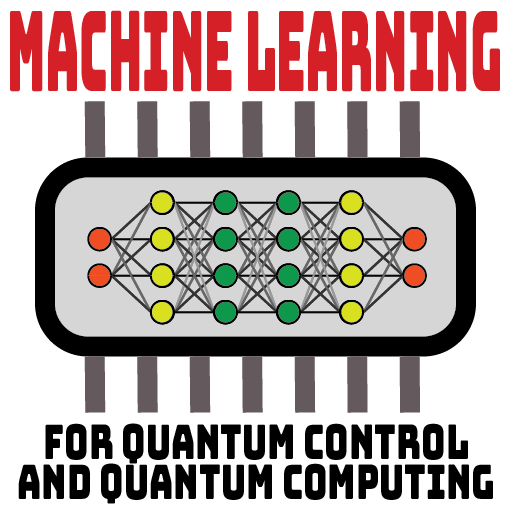Speaker
Description
Identifying the physical resources underlying quantum advantage — i.e., yielding the ability of quantum computers to solve computational problems faster than classical computers — is of crucial importance for the design of meaningful architectures for quantum computation. Often, the resource depends on the model. In the framework of infinite-dimensional continuous-variable (CV) systems, associated to bosonic fields, Gaussian circuits (where the input state, operations and measurements are all described by Gaussian functions) are classically efficiently simulatable. In other words, for these circuits a classical algorithm exists that can reproduce the outcome of the computation. To promote them to universal quantum computation specific non-Gaussian resources have to be provided, such as the so-called Gottesman-Kitaev-Preskill (GKP) state. The cost of producing these enabling resources with sufficient quality generally requires a significant overhead and their distinct features are typically complex and in stark contrast with respect to the elements of the corresponding simulatable architectures. It is a natural question to ask: are resources always complex and costly to produce?
In this work we provide a specific example of a CV quantum computing architecture that is classically efficiently simulatable, and that becomes universal by adding the vacuum state. The latter state is widely regarded as the simplest quantum state of a bosonic field, and in particular it is a Gaussian state. The architecture considered is based on GKP states, Gaussian operations and measurement of the quadratures of the bosonic field. First we prove that this class of circuits is classically efficiently simulatable for most Gaussian operations. Then, we leverage on recent results where the same architecture combined with the vacuum (or a thermal) state was shown to be universal for quantum computation, to conclude that the vacuum provides quantum advantage.

